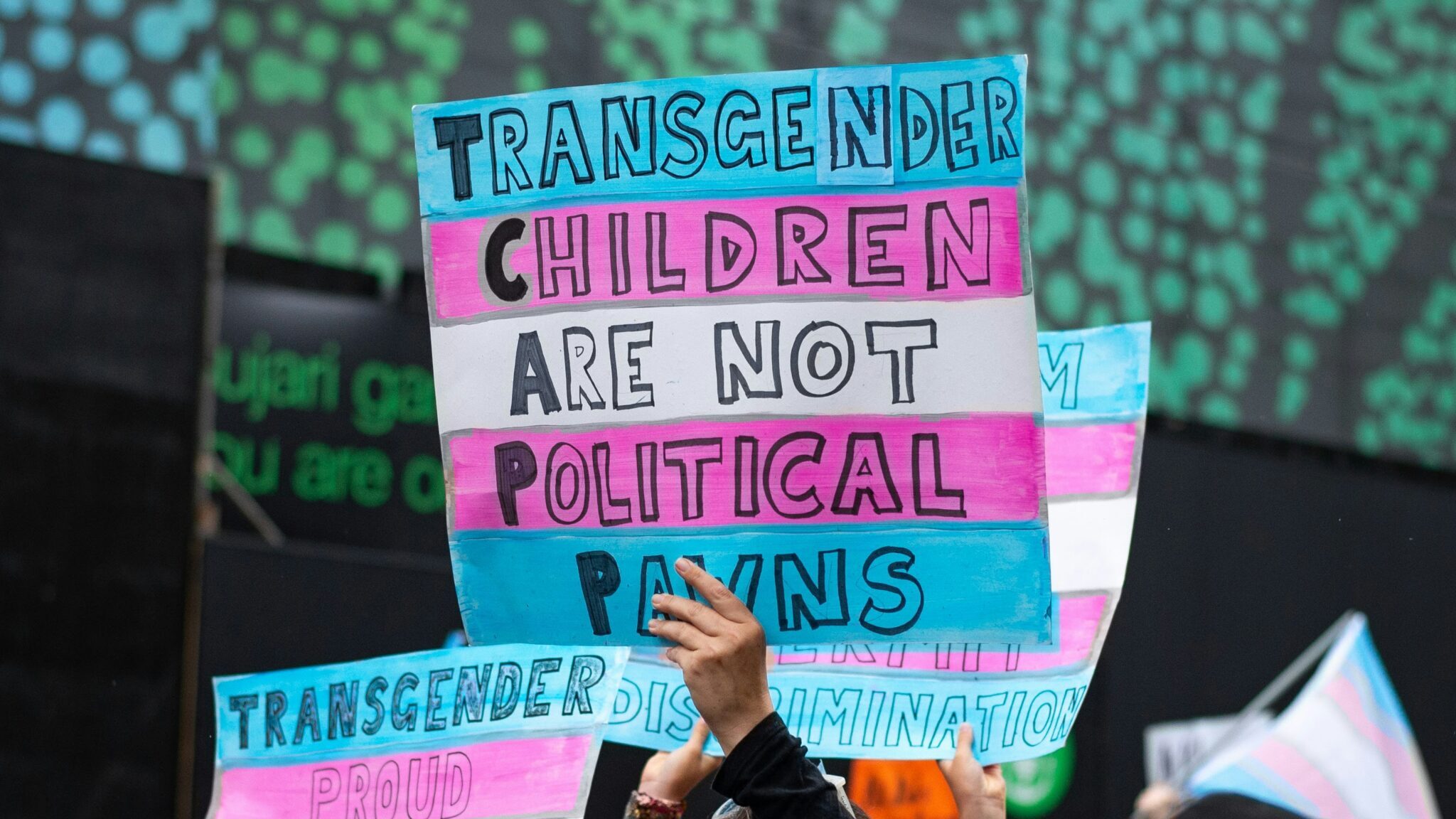QueerMed Resolutely Opposes the Texas Attorney General’s Request for Patient Data
It is imperative to clarify QueerMed’s unwavering stance on this matter: under no circumstances shall we disclose any HIPAA-protected patient information.
Continue
It is imperative to clarify QueerMed’s unwavering stance on this matter: under no circumstances shall we disclose any HIPAA-protected patient information.
Continue
Firefighters in Decatur, Georgia have determined that an October fire at QMed was intentionally set. QMed owner Dr. Izzy Lowell said the FBI is investigating the fire as a hate crime, and, “We will not stop providing life-saving care to our patients.” While the office is “completely destroyed,” Lowell said the clinic is seeing patients remotely.
ContinueEducators are facing wrenching new tensions over whether they should tell parents when students socially transition at school. Jessica Bradshaw found out that her 15-year-old…
ContinueBrigitte Baptiste has a high profile as a transgender Colombian woman and an ecologist – in a country where both are targeted. When Brigitte Baptiste…
ContinueROCHESTER, N.Y. (WROC) — Two local men say they were discriminated against at a Rochester hospital. Trey Lowery and Cori Smith are transgender men and…
ContinueTrans women Nomi Ruiz is one of the most stunning women you will ever see. She is gorgeous in a smoking Jessica Rabbit sort of…
ContinueFor the first time ever a transgender Asian American candidate has won an election to become the student president at a major east coast university….
ContinueSouth Dakota Gov. Kristi Noem held a press conference Monday afternoon to defend her decision not to sign HB 1217, a bill to exclude transgender…
ContinueThey hoped no one would notice as Perci and their mother Dianne Ereth drove to the newspaper office in Whitefish SD. Perci, a non-binary trans…
ContinueDr. Rachel Levine was confirmed today as assistant secretary of Health and Human Services by the US Senate in a historic 52-48 vote. The vote…
ContinueTransgender student Nick Himley has been awarded $300,000 in a discrimination lawsuit and a guarantee of meaningful reforms by the Anoka-Hennepin School District. In 2016,…
ContinueThe U.S. Senate will soon vote on the nomination of Dr. Rachel Levine as the very first transgender person ever considered for such a high-level…
Continue